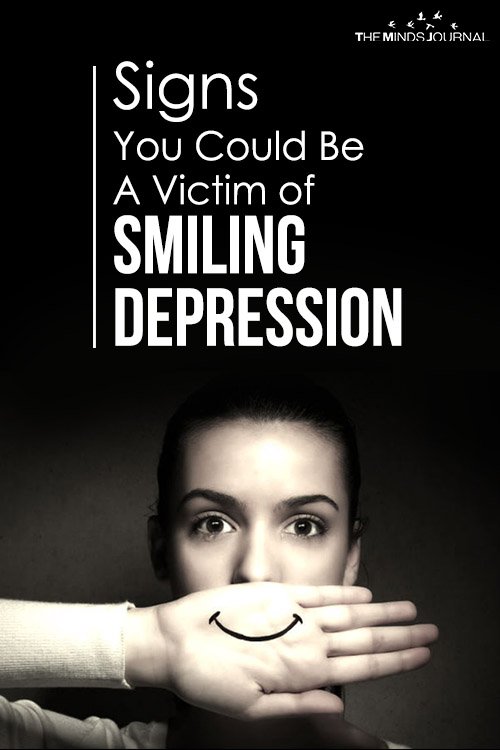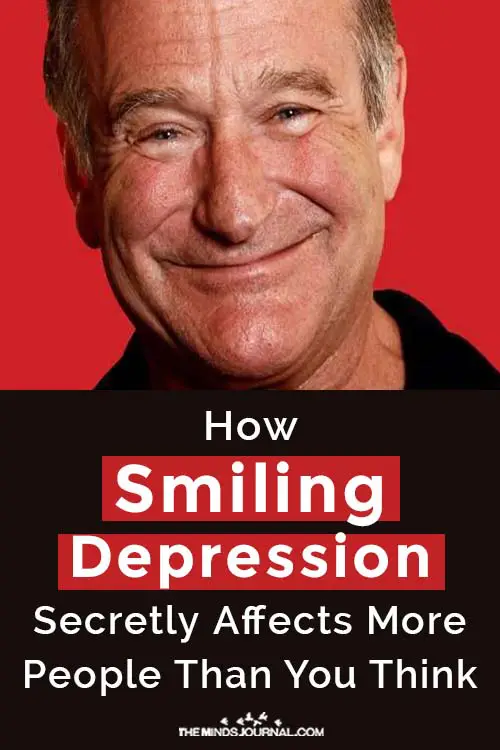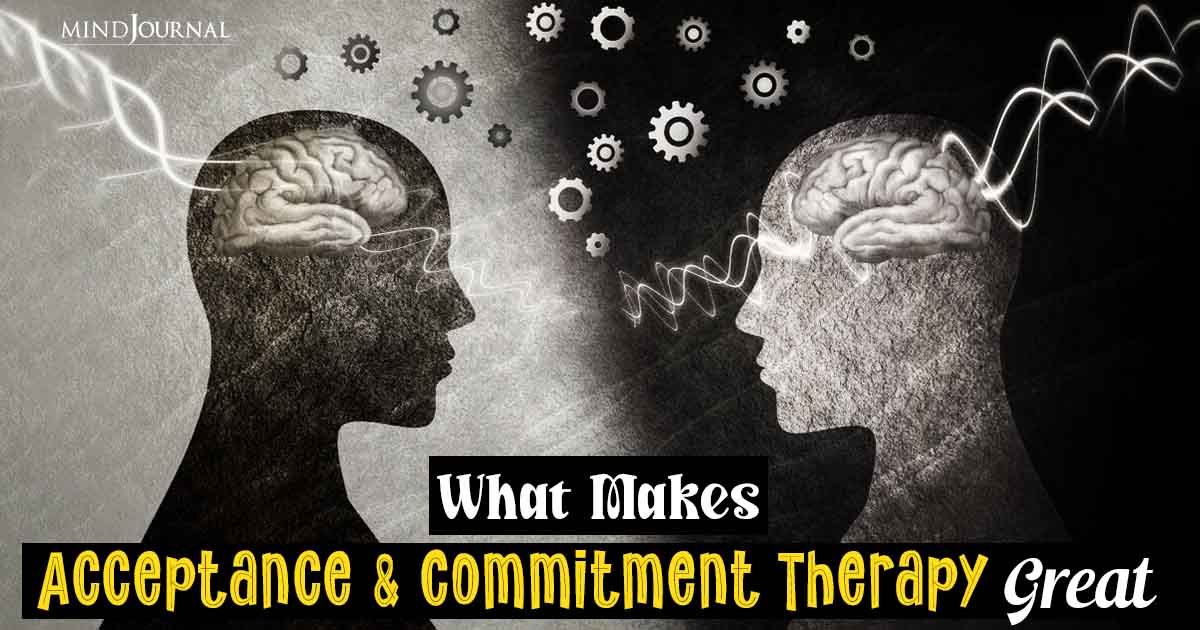Have you ever heard of the term smiling depression, that so many talented artists tend to suffer from, but rarely ever speak of?
He’s one of the country’s best-loved comedians, leaving audiences in stitches with his fizzing sense of humor.
A month before his death, Robin Williams admitted he’s suffered from depression for much of his life.
‘I go through periods of intense self-loathing,’ he said.
Williams is one of a long line of funny men and women who have battled depression. These include Stephen Fry, Ruby Wax, Lenny Henry, and, perhaps most famously, Tony Hancock, who committed suicide aged 44.
These comedians chose to mask their inner torment with a ‘happy’ public persona — and experts believe millions of Britons are doing the same, victims of what they call ‘smiling depression’.
‘Smiling depression is a term often used to refer to a patient who you think is depressed, but doesn’t look it and often won’t admit it,’ says leading London psychiatrist Dr. Cosmo Hallstrom.
‘Sometimes they tell you, “No, I’m not depressed” — and they smile. But it’s a sad smile.’
To the outside world, they give no hint of their problem — often holding down a full-time job, running a family home, and enjoying an active social life. But underneath they are suffering secret panic attacks, insomnia, crushing low self-esteem, and even suicidal thoughts.
Related: 10 Hidden Traits Of Depression You Might Not Know About
It’s a state that Alison Cowan recognizes only too well. An attractive, high-flying marketing consultant from South London, she was diagnosed with severe and chronic depression at the age of 19 but hid it from friends, partners, and colleagues for nearly ten years.
‘My depression was never a lying-in-bed, sleeping type thing,’ she says.
‘I worked hard and played hard — I had an active social life. But inside I felt worthless and utterly ashamed of myself.’
This ability to carry on with life despite everything is what distinguishes ‘smiling’ (or high-functioning) depression, explains Bridget O’Connell, head of information at mental health charity Mind.
‘The recognised symptoms of depression tend to be crying a lot, feeling lethargic, perhaps even not being able to get out of bed. But not everyone with depression displays these symptoms.’
These ‘smiling’ patients might not actually be aware that they’re depressed — or they might have a diagnosis, but refuse to tell anyone, she adds.
‘I go through periods of intense self-loathing,’ said Robin Williams.
The condition is quite distinct from a British stiff-upper-lip attitude to day-to-day troubles.
‘You need to ask yourself, am I struggling to cope today, or have I been struggling to cope for the past three months? These people could be going to work and seeming fine, but going home and literally collapsing,’ says O’Connell.
The latest research shows that one in 20 of us will experience depression.
Yet many live undiagnosed, unsupported, and untreated for years, with potentially devastating consequences, she says.
‘Putting on a brave face is the worst thing to do because you’re just compounding the pressure and not recognizing you’re ill, all of which means you’ll get more ill, take longer to get better and be more likely to have repeat episodes.’
There is another risk, adds Dr Hallstrom.
‘As a doctor, you worry about whether they’ll kill themselves, that it’s all part of a plan and they’ve already decided they can’t be helped, so they smile but they’re already planning suicide. That’s the worry with smiling depression.’
Like many sufferers, Alison felt hiding her depression was the best way to deal with it.
‘In my 20s, I worked my way up through some of the biggest marketing agencies in London,’ recalls Alison. ‘To anyone else, I seemed bright and confident.
‘But I started getting really ill when I was 26. At work, I would just about make it to the loos before I started sobbing.
‘At night I’d come home with awful, blinding headaches and cry for hours, before getting to sleep at about 4am, then getting up and going to work again.’
She was taking antidepressants and had tried some therapy with a psychologist, but nothing had seemed to help. Incredibly, no one had any idea anything was wrong.
‘I wasn’t surprised that no one noticed. I was very good at covering it up,’ she says. ‘I didn’t want to tell anyone because I worried that people would think I was mad or would laugh.’
Related: 15 Signs Someone Is Suffering From Masked Depression
Marjorie Wallace, chief executive of the mental health charity Sane, says the stigma attached to depression explains the huge number of people who choose to struggle on and cover their mental health problem with a smile.
‘People have this idea of themselves as a functioning, successful person who fits in and they worry about losing that image,’ she says.
‘They think if they take the mask off, people will think they’re a wimp. People don’t want to accept they have what they think will be seen as a mental weakness,’ adds Dr Hallstrom.
‘Nowadays it’s more respectable to talk about having depression, but there are still many who are not coming forward and not being diagnosed.’
When things got worse for Alison, and she decided to confide in her manager, her worst fears were realized.
‘I was going days without sleep. I couldn’t eat, and I felt suicidal,’ she says.
‘I came into work and told my boss how I was feeling. He said to me: “You didn’t put depression on your CV.”
‘After a couple of months he said it would be best for all of us if I left, and got me to sign a termination of contract. He said I should tell everyone I had a virus.
‘Two years later, I bumped into someone from that company. She said she was surprised to see me looking so well, since everyone had assumed I had HIV. It was horrifying.’
Discrimination remains the main reason why so many people live with smiling depression.
Researchers at Mind found that one in five people who opened up at work about a mental health problem subsequently lost their job.
After quitting work at 27, Alison went back to her GP and was referred to a psychiatric hospital in South London, where she stayed for two weeks.
‘I felt if they didn’t help me, I would kill myself,’ she says. ‘Being in hospital was a really transformational time for me.
‘Talking to people there, I realized none of them had ever been able to work and actually I was in a much better position than them and was really lucky
‘There was no way I was going to live in that hospital. I thought to myself, “I may have to live with my depression, but it is not going to destroy me.” ’
Alison saw a cognitive behavioural therapist, who taught her to ‘retrain’ her brain to deal with the negative thoughts that plagued her.
‘I used to think I had to hide things away. After the therapy, for the first time I felt able to honestly talk about how I felt.’
Alison began campaigning with mental health charities against the stigma attached to mental illness.
‘I found myself in this environment where it was OK to have a diagnosis and be on medication,’ she says.
She also went back to work, this time as a freelance so she could be more in control of workload.
This year she took on her most high-pressured job yet — running the marketing for Comic Relief, with responsibility for raising hundreds of millions of pounds.
‘When I arrived, I told my boss about my past depression, so I knew that if I was ever struggling, I could talk to her.
‘It’s actually very rare that my condition means I can’t perform. The difference is knowing that if it ever does, it would be OK.
‘Now, whenever I’m running a team, I tell them that if they ever have one sleepless night about something, they should come straight in and tell me.’
Bridget O’Connell says it’s vital that employers, and indeed the public, become more aware of the many forms that depression can take.
‘Someone might simply be having difficulty concentrating, forgetting things and making silly mistakes when they are usually very efficient.’
Alison is now trying to catch up on the happy times she missed out on a young woman.
‘I do feel I could have had a different life if I’d been helped earlier on and been more open about what was happening,’ she says.
‘Yes, you can live in denial, but it’s just putting a plaster on a very big, nasty wound.’










Leave a Reply
You must be logged in to post a comment.